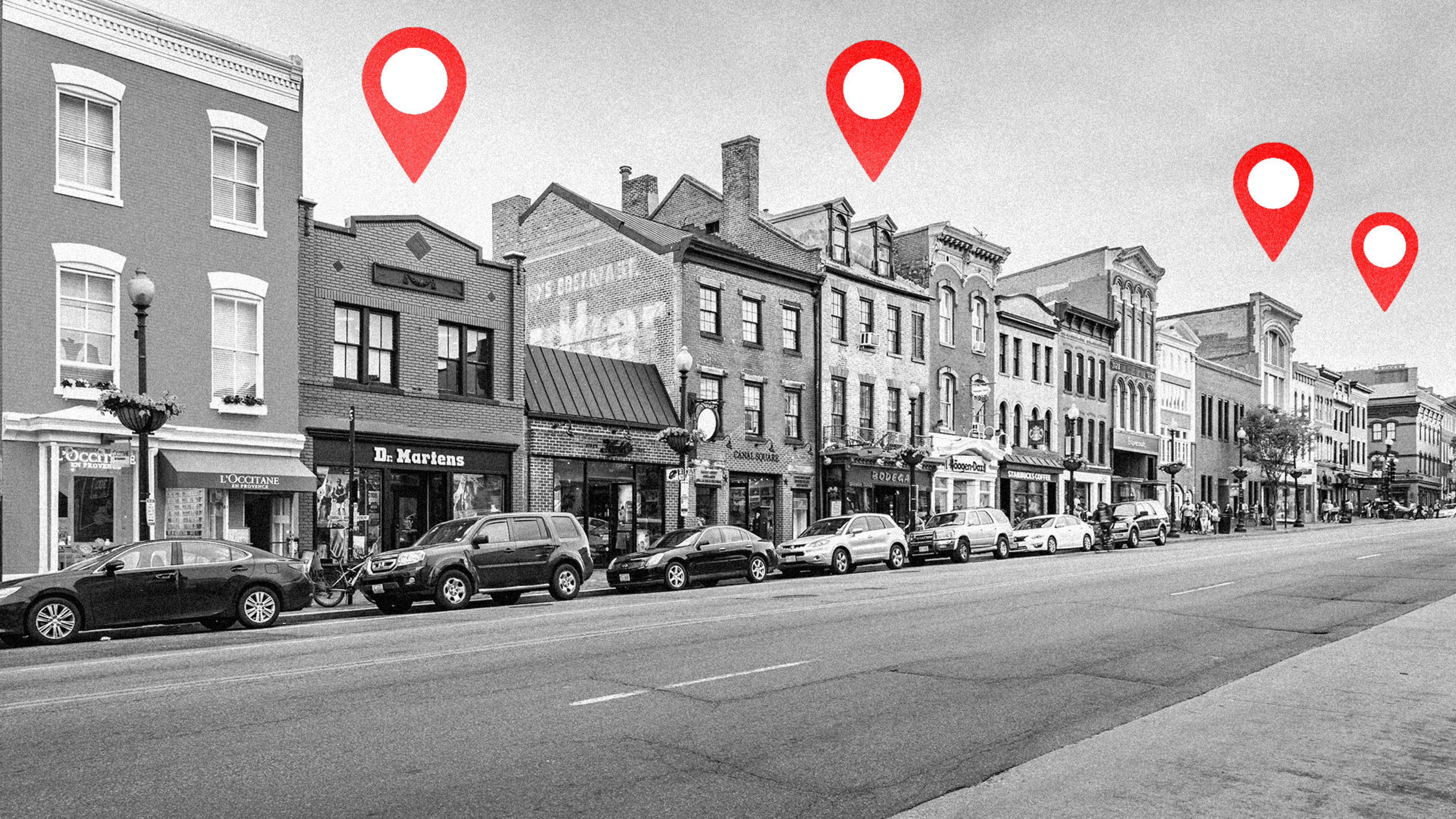For struggling retailers, it’s promising to see that 76% of location searches ultimately result in an in-store visit, according to Google’s consumer insights. But what businesses may not know is that Google is prioritizing location searches initiated using Google Map instead of the consumer use of location pages found on business websites. Yet, many business owners still rely only on their internal-site location clicks metric to evaluate their overall online success while ignoring the many opportunities coming to them through Google location services.
Why is this happening? When searching for a business on Google, a location map usually appears in the sidebar. Potential customers will generally choose to use this map, where street addresses, phone numbers, and even hours of operation and user reviews are posted rather than visit the business’s website to find this basic information, which is often buried several clicks away.
This means more clicks for Google and fewer site clicks for you. Is your business accounting for this shift?
Consumers pay a price for this Google-provided convenience. If they haven’t disclosed it already, Google will invariably ask the user permission to access the customer’s location. Suddenly, the simple act of finding your business now falls under Google’s privacy terms–not the terms on your business’s site.
By using Google’s location service, consumers now give the data giant additional insights into how they interact with your business. How long did they wait to go there? How long did they stay there? Correlating with other Google services, possibly what they bought, too. What did they share about the experience with their friends? You won’t be privy to or account for any of this information unless you ask.
While privacy is always an issue once Google takes the playing field, there is good news for businesses that know how to tap into this data as a resource. One of our client businesses started incorporating Google location data information into their marketing ROI metrics. They discovered they had previously failed to measure some 20% to 30% of additional engagement they were getting, all from Google location results.
As consumer search habits continue to change, website clicks within your own ecosystem are no longer enough to get a complete view of your brand’s engagement online. And the clicks you’re getting from your internal location contact information aren’t giving your site’s SEO the shot in the arm it used to. It’s time to update how you measure the effectiveness of your marketing efforts.
You need to start to track Google Maps and phone searches, in addition to internal website clicks. You should also make sure the information Google Maps shares with consumers is accurate. A recent local citations Trust Report from Bright Local suggested 80% of consumers lose trust in local businesses if they see incorrect shop information online. The same study reported that 71% of those consumers will blame the retail shop, not Google Maps for that error. This happens almost half of the time with local searches according to some studies, so make sure your Google Maps information is up to date and accurately displayed.
Another way to make sure your business pops up on Google Maps during a search is to make sure your business’s profile is robust and rich with the terms consumers will search for when looking for a service or product like yours.
Probably most significant of all, Google Maps has just begun releasing an augmented reality capability to Android devices that will literally lead customers to your door, in real time, using the phone’s camera to guide them along the streets. It’s an amazing feature and one that suggests it’s time to start paying close attention to your Google Maps presence.
Brian Byer is vice president and general manager of Blue Fountain Media, a Pactera Company, which is a full-service digital marketing agency. He has over 20 years’ experience helping businesses navigate major technology trends to create a competitive advantage and ultimately transform their organizations.
Recognize your brand’s excellence by applying to this year’s Brands That Matter Awards before the early-rate deadline, May 3.
